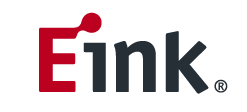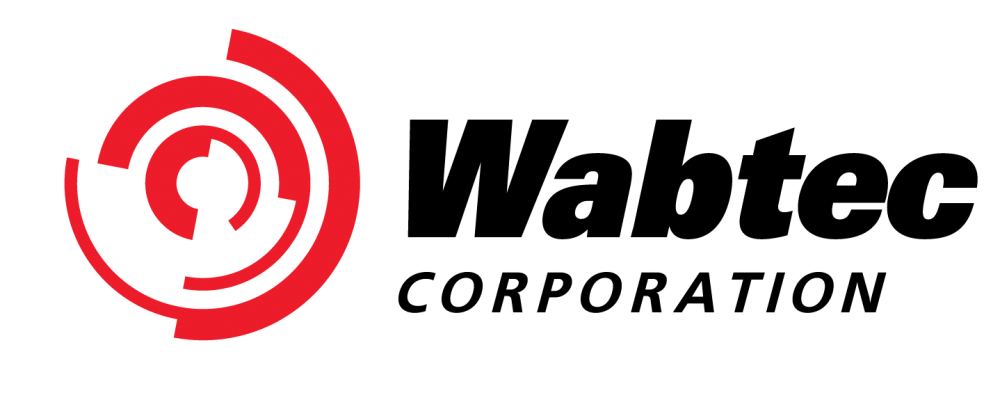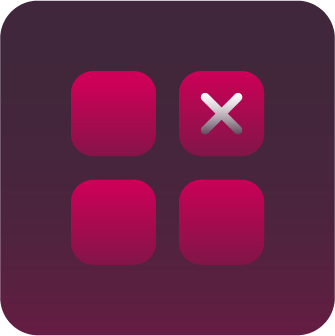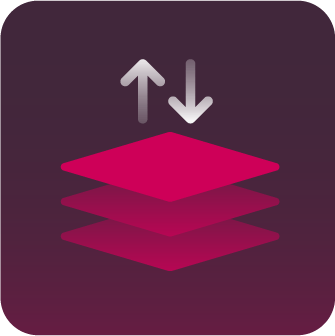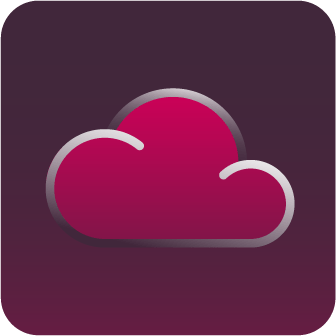Quality Management Software FAQ
What is QMS software?
QMS software digitizes the functions of a more traditional quality management solution based on pen-and-ink records. QMS software (also known as eQMS) has nearly unlimited storage capacity, speed, and responsiveness. This makes it easier and more effective to promote quality within an organization.
What does QMS software do?
QMS software is designed to:
- Promote quality
- Increase productivity
- Improve regulatory compliance
- Improve worker safety
What are the most popular QMS software applications?
You can use quality assurance software for various applications, including:
- Document control and documents management
- Audit management
- Environmental health and safety
- Nonconformance management
- Supplier quality management
- Training management
- And more
Nearly every industrial or manufacturing organization needs these applications to some extent.
Can using quality assurance software improve our KPIs?
Yes, quality assurance software tracks progress towards meeting critical quality benchmarks, and tracking is the first step toward continuous improvement. Tracking quality throughout the organization also allows you to pinpoint areas where you’re coming up short. This gives you the opportunity to iron out production challenges, minimize risk, and create better products, faster.
Can I integrate quality management system software with other enterprise applications?
Yes, quality management system software integrates with applications such as CRM, ERP, PLM, MES, SPC and more. APIs allow you to build integrations in areas where they don’t already exist.
How can my external teams collaborate using QMS software?
Many quality management systems include built-in identity and access management systems. These tools allow external teams—such as vendors and suppliers—as much controlled access as is required. That makes it easy to securely share your requirements with other organizations.
Can I create an audit trail using QMS software?
QMS software creates audit trails using its built-in audit management and document control applications. The application sorts and tags data related to various processes and products automatically. When those quality processes undergo an audit, you’ll be able to retrieve the preexisting audit trail automatically, saving hours or days of effort.
Can I automate processes using software QMS?
With the right software for quality management, you’ll be able to automate many of your existing quality assurance processes. For example, you’ll be able to:
- Perform automated analytics on your production queueAutomatically initiate an audit in the event of a nonconformance,
- Automatically assemble and fill out paperwork to create a change request
- And more
What is the best QMS software?
We’re biased towards ETQ Reliance NXG, our flagship cloud-based quality management system. Features are designed to improve visibility, usability, flexibility, and quality scalability across the entire workforce. With advanced automation, machine learning, artificial intelligence, and a secure online platform, you’ll enjoy a future-proof application suite that helps you elevate every dimension of quality.


